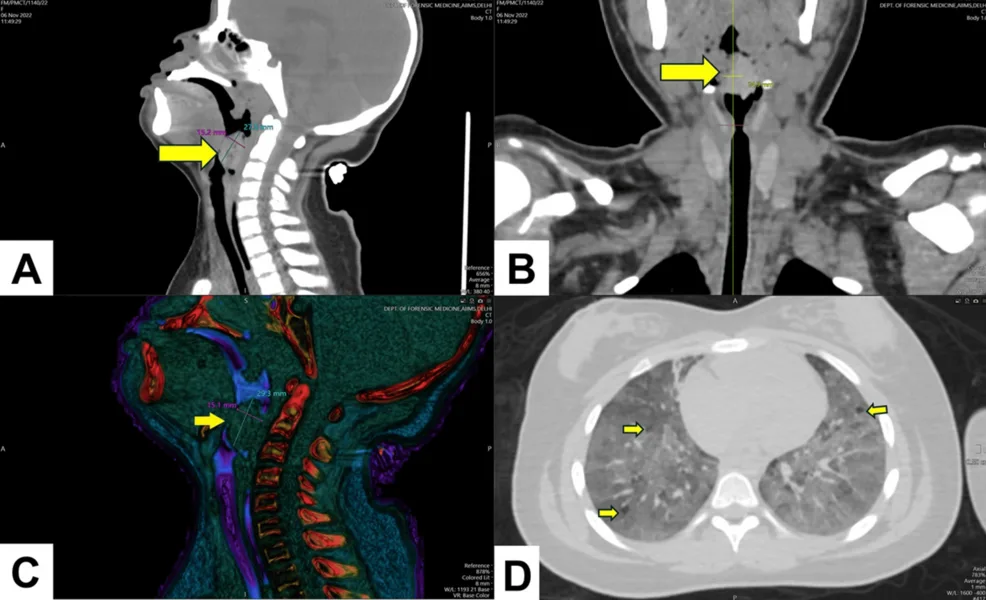Individuals with Down syndrome are at a heightened risk of choking due to various anatomical and neurological factors. Understanding these risks and adopting preventive measures can significantly reduce the chances of airway obstruction and related complications.
Why Are Individuals with Down Syndrome More Prone to Choking?
Several physiological factors contribute to the increased choking risk in individuals with Down syndrome:
- Low Muscle Tone (Hypotonia): Weak oral and throat muscles can lead to difficulties in chewing and swallowing food properly.
- Enlarged Tongue (Macroglossia): A larger tongue relative to the oral cavity can obstruct airflow or interfere with effective swallowing.
- Delayed Swallow Reflex: Neurological delays may result in food or liquids entering the airway before the throat muscles respond appropriately.
- Gastroesophageal Reflux Disease (GERD): Common in individuals with Down syndrome, GERD increases the likelihood of aspiration and choking episodes.
Common Triggers and Risk Factors
Certain foods and eating habits can increase the risk of choking:
- Hard, dry, or sticky foods such as nuts, raw vegetables, peanut butter, and chewy meats.
- Eating too quickly or taking large bites without proper chewing.
- Difficulty coordinating breathing and swallowing, especially when distracted during meals.
Preventive Strategies for Safer Eating
To minimize choking risks, caregivers and healthcare providers can implement the following strategies:
- Modify Food Texture: Soft, moist, and easy-to-chew foods reduce the risk of choking.
- Supervised Mealtimes: Ensuring that individuals eat in a calm environment with minimal distractions can promote safer swallowing.
- Encourage Proper Chewing: Teaching slow and deliberate chewing can prevent large food particles from obstructing the airway.
- Speech and Swallowing Therapy: Professionals can help strengthen oral muscles and improve swallowing techniques.
- Emergency Preparedness: Caregivers should be trained in first aid measures, including the Heimlich maneuver, to respond quickly in case of choking incidents.
Conclusion
Choking is a serious but preventable risk for individuals with Down syndrome. By understanding the contributing factors and implementing safe eating habits, caregivers and healthcare professionals can help reduce choking incidents and improve overall well-being. Early intervention, tailored therapies, and informed caregiving can make a significant difference in ensuring safer and more comfortable mealtimes for those affected.




+ There are no comments
Add yours